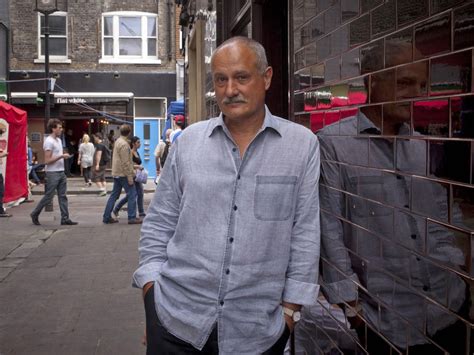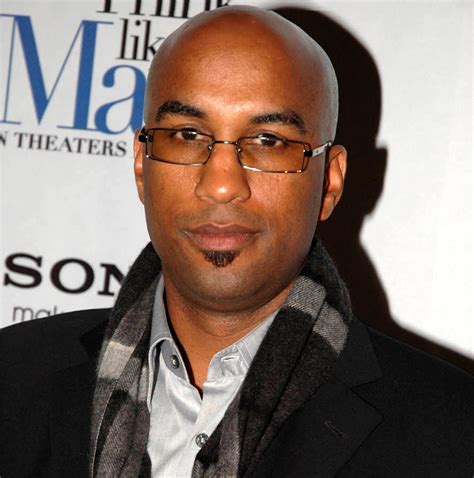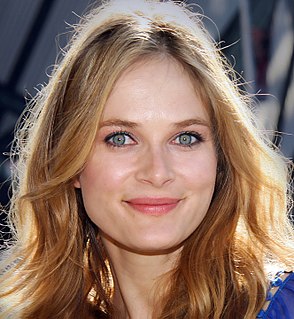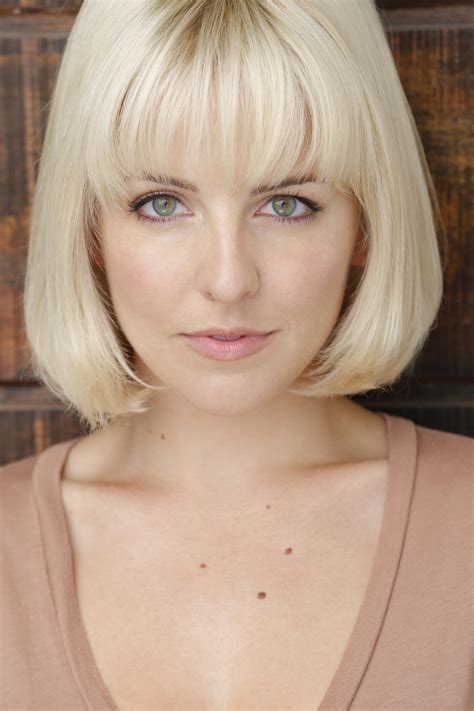A Quote by Dennis Muren
Because you're telling a story, and I'm sure people fifty years ago would tell the same story differently if they were telling it to you today. Because the time is different. The film is the work of today's audience.
Related Quotes
I think that people have to have a story. When you tell a story, most people are not good storytellers because they think it's about them. You have to make your story, whatever story it is you're telling, their story. So you have to get good at telling a story so they can identify themselves in your story.
Film directing is really undermined if you attempt to do it by committee because there has to be a single vision as to how to tell a story. It's like if you were at a campfire, and everyone is taking turns to give one sentence in telling a horror story. It would be a mess - it's not going to make sense.
I think when people begin to tell their stories, everything changes, because not only are you legitimized in the telling of your story and are you found, literally, like you matter, you exist in the telling of your story, but when you hear your story be told, you suddenly exist in community and with others.
I think when people begin to tell their stories, everything changes, because not only are you legitimised in the telling of your story and are you found, literally, like you matter, you exist in the telling of your story, but when you hear your story be told, you suddenly exist in community and with others.
Where the Truth Lies rating has a lot more to do with the political climate in America today than it does with the film. It wouldn't have had this rating five years ago. There's nothing graphic in this film on screen; you can look at it, but you won't be able to see it, it's not there. There's nothing graphic sexually that's not about the story telling.
I would love to sign on to do a movie if it was the right role and if it was the right script, because I would be taking time away from music to tell a big grand story, and spend all of my time and pouring all of my emotions into being someone else. So for me to do that, it would have to be a story worth telling.
I came across an old story of mine that I'd written a decade ago. The main joke of the story is that a mother is telling her children about how she met their father online. The majority of memories the mother has all have to do with really funny links he sent her, a music download that she loved, etc. - and because of these superficial details she fell in love with the father. Reading it today, it's hardly a dystopian story; it's simply a realistic story about how people actually meet.
People have suggested that perhaps we are too affluent to be telling this story, which is amazing to me because then I wonder what story I am allowed to tell. Having been working with the homeless for the past years, I noticed lots of things about them, but one thing I really noticed was that they were probably too busy just getting though the day to make a film about themselves.
Writing two stories [in the Thorn and the Blossom] about the same set of events that were complete stories in themselves, but also added up to a larger story. As I was writing them, I kept going back and forth, because something would happen in one story that would have to be reflected in the other story. And yet the same event would also have to be perceived in different ways by Brendan and Evelyn, because they are different people with their own interpretations.







































